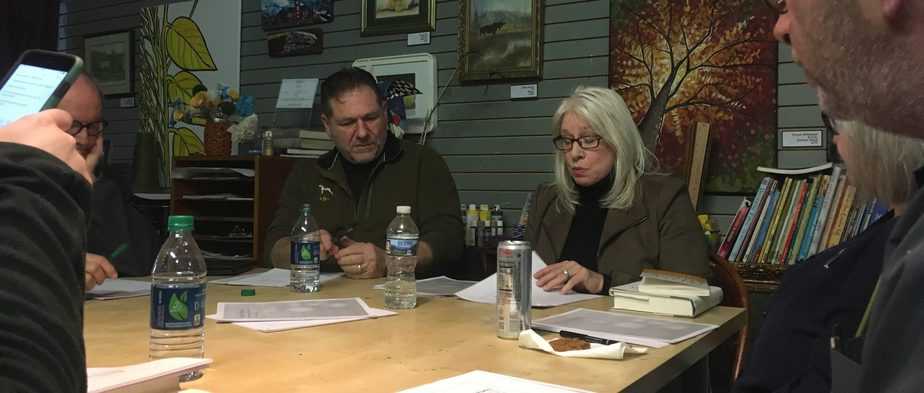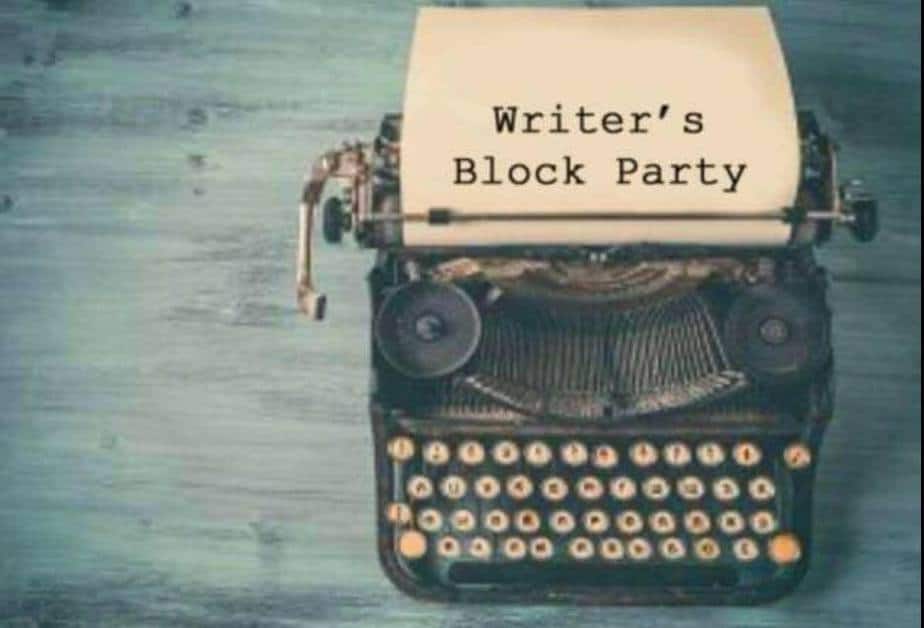Local Writer’s Groups
With these three active and dedicated groups, the writers of Northwestern Pennsylvania enjoy a myriad of opportunities to share their work and get feedback, perform their pieces and grow in their craft and creativity. No wonder the area’s water tastes so delicious!










